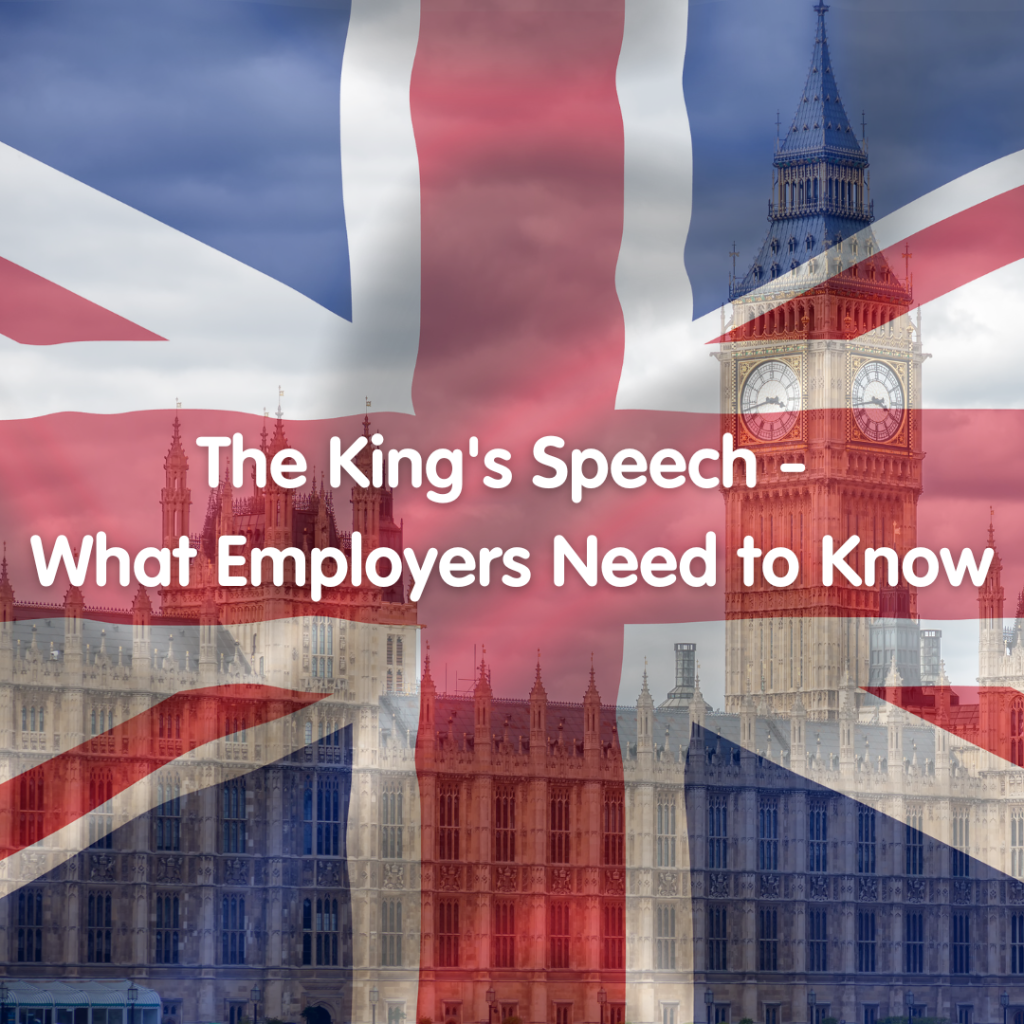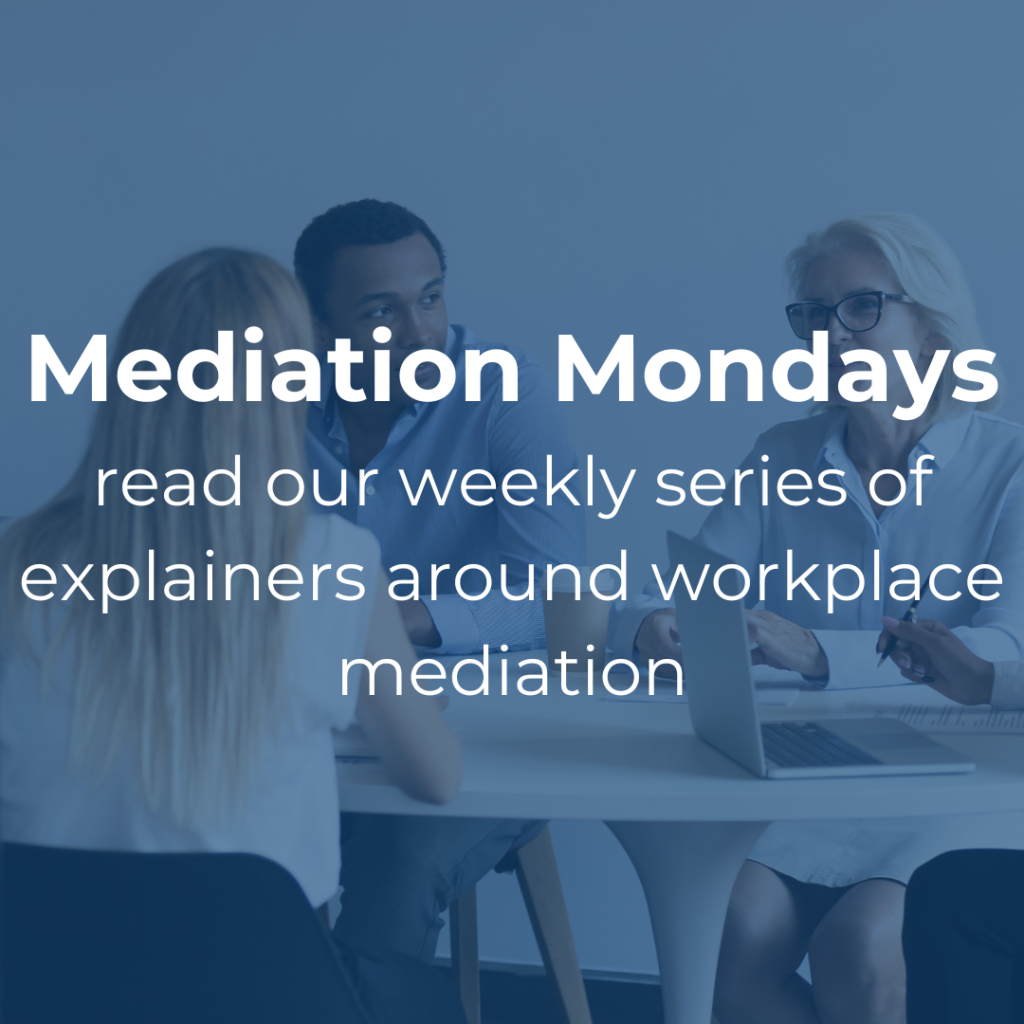
‘My employee has called in sick? What can I do?’
An unexpected trip to A&E, a crippling cough, or long-term illness. Questions and concerns around sickness absences are a common area where employers often need support.
The average employee takes 7 days off sick leave a year with Sickness absences estimated to cost UK employers 11 billion a year, with 3/4 of a million employees off work with long-term sickness. Poorly managed sickness absences can cost your business significant time and money.
With each sickness absence being unique this can require different approaches on how to manage your staffs’ sickness absences.
With these different approaches, this had led to a minefield of myths around sickness absence in the workplace.
Top 6 myths around sickness absence in the workplace
1. An employee cannot be contacted during sickness absence.
It is a myth that there is a total ban on contacting an employee whilst they are off sick. It is important to keep in contact with your staff, for example, to check in on their welfare. You may even need to contact a staff member on long-term sick if the company is proposing redundancies.
If you are contacting staff who are off sick you need to be careful that your actions do not put pressure on them to return before they are ready.
Our tips for contacting staff on sick leave are:
- Avoid contacting them outside normal working hours
- Have a clear purpose for why you are contacting them
- Tailor your frequency of communication to the individual situation
2. An employee cannot take holiday if they are off sick.
Staff can book and take annual leave whilst they are off sick.
Whilst someone may not be able to work, they may be able to go on holiday and in some situations taking holiday may promote their recovery. For example, if a staff member is off with PTSD following a car accident, taking holiday may aid their recovery.
3. An employee who goes home early due to sickness must be paid for a whole day
Not all staff are entitled to be paid a whole day if they go home early.
Staff are usually only entitled to be paid for the hours they actually work, with the remainder paid in accordance with your sick pay policy.
However, check your sick pay policy as sometimes staff have different entitlements based on the policy and an employer should follow that specific policy for pay.
We would recommend discussing their entitlement to pay before they leave if possible, so the staff member is clear before they make the decision to leave early. Similarly, if an employee returns on a phased return working part time hours, the employee only needs to be paid for the hours worked.
4. An employee cannot return to work before their fit note expires.
If a medical professional has certified that a staff member is unfit for work for a defined period, it would be preferable to follow the medical advice. However, staff can return before their fit note expires.
There is no requirement for a staff member to be “signed back” to work by a doctor or provide confirmation from their GP that they are fit to work.
We would recommend that you ensure that in them returning early it does not aggravate their illness or put them or another employee at health and safety risk.
5. An employee cannot be dismissed when they have a Fit Note.
A fit note does not prevent an employment contract from being terminated. However, caution should be taken to avoid possible Employment Tribunal claims of unfair dismissal and disability discrimination.
A staff member who is constantly off sick or is on long term sick with no reasonable prospect of return can be dismissed. Poor and inconsistent attendance at work can be a fair reason to terminate an employment contract, but careful thought must be taken to all the facts and circumstances.
The dismissal should also be the last resort after exploring all other options, for example, reasonable adjustments to facilitate a return to work.
6. An employer cannot take action if an employee fails to provide a Fit Note after 7 days.
Staff should provide a Fit Note after 7 days of absences, if they fail to provide this then their absences could be treated as unauthorised.
You may be able to withhold pay or take disciplinary action if staff fail to provide a Fit Note. In the first instance, it is best to ask the employee for the reason for not supplying a fit note before taking action. For example, are they in the hospital, are they unable to get a GP appointment.
We would recommend your sickness and absence policy being clear that failure to provide a Fit Note is treated as an unauthorised absence and what consequences this can have.
If you need advice on sickness absence policies or how to handle sickness in the workplace confidently and fairly, please contact us at 0333 888 1360 or complete the enquiry form and we’ll get back to you as soon as possible.






